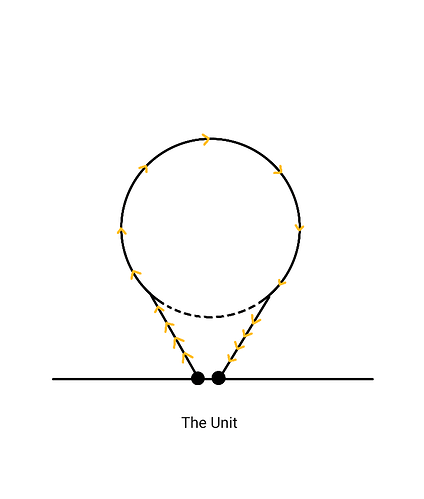Hi ! This thread is about the chapter 2 of my book “The untold-theory”. I have already posted the chapter 3 in this forum. Check it out on my profile. Feel free to comment your thoughts on this chapter. It will help me to improve my theory.
Chapter 2 - Consciousness
Everyone hold a different definition of consciousness, and that was based on their belief’s. I want to define what is consciousness from my point of view to further propose my theory.
Consciousness - ‘sense of self’. To me its the sense that I was exist in this world.
Consciousness gives you awareness with your surroundings. This awareness is not a thing that happens every time when you become exposure to something. Instead it was a retrieving of the stored informations. Which in turn pushes us to the conclusion that consciousness is the process of retrieving stored informations. In my opinion giving a name to a process is form of mistake, because it leads us to no-way to solve that problem.
• Consciousness as a dynamic process
Before we go to the actual theory, lets understand what is a unit. A unit is the single neuron circuit, each impulse that triggers a neuron at the frontline of the system (i,e. The input neurons) will lead to the action potential coming back to the same input neuron upon triggering. A pictorial representation is given below.
This coming-back mechanism is responsible for the consciousness. Just think about it when we visualize or hear or sense anything we come to know the event only when the impulse travels back to trigger the same activated input neurons cells. Its more like the output activating a certain input neuron(at the frontline) to give thoughts or consciousness. The consciousness is not residing inside the brain, the brain just act as a vessel to store information in the form of dynamic systems (explained in upcoming chapters) instead the frontline of the system is responsible for the consciousness or thoughts. How does the neuron gives both the consciousness + thoughts, its a improbable one. Rather, think about in this way that the brain stores the dynamic systems upon getting input from various parts of the body, these dynamic system upon formation gives output which will trigger the frontline neurons. The importance given to frontline neurons is because they are specific to inputs (the only neuron type in the system that is specific to input informations) and upon getting activated by inputs and re-activated by outputs will give the consciousness + thoughts to the system.
More like a ligand that binds with the specific receptor.
• The frontline full of units
The frontline were filled with these units, these units are information-specific to get activated.
Consider the giant circle as our body, consciousness was residing in the frontline of the neurons. And whenever any impulse triggers the unit cell it kind of activated again by output (that was created from the reasonable input). There is possibility of two things happening in the frontline that is the impulse either predicts the next scene that gonna happen or just triggers the same unit that were present in the frontline.
Here’s the tricky that our brain plays, it does the both. The brain simultaneously does the prediction as well as the just-knowing unit cells. One dominates when other relaxes and vice versa (explained in next topic). The pictorial representation was provided below for understanding purpose.
•The no-on/off
As you know, the brain has to do both these mechanisms for maintaining consciousness in the system. The question is how it does? Its all have to do with our exposure to inputs, when the inputs from the actual world decreases the prediction mechanism dominates and when the inputs from actual world increases just-knowing mechanism dominates. There is no specific agent that regulates this process, everything was done automatically with the intensity of inputs from the actual world. In what ways the inputs decrease from the actual world, remember the information never left the world instead our frontline becomes saturated with the inputs. This saturation point makes frontline neurons to un-responsive to the inputs. The saturation point is short-lived. This explains the spontaneous process of these two mechanism on maintaining consciousness.
Since the information in the prediction mechanism comes from the brain, you know its gonna be remembered. The just-knowing mechanism informations will always be present but we won’t know that, it will stay in the frontline forever. But the information in the prediction mechanism will be stored in the form of dynamic system that will be retrieved after getting enough inputs to form the same dynamic systems. This explains why we assume that our thinking process(prediction mechanism) is only active, which is not! There happens to be just-knowing mechanism being active but it wasn’t stored atleast not in the brain.
This two mechanism works simultaneously to maintain consciousness. You may be wondering by now, how the prediction process was done by the brain. It all has to do with the plasticity that was created during our exposure to the real world inputs. Everyone knows that plasticity is when the two or more connection gets stronger, this is what we believed till now. But the most probable case is plasticity is when more number neurons align themselves upon actuating by certain inputs frequently. Remember not the strongest connection but the highest number of neurons is called plasticity.
Thank you very much for giving your time for this. If you have anything to say feel free to use the comments section.





